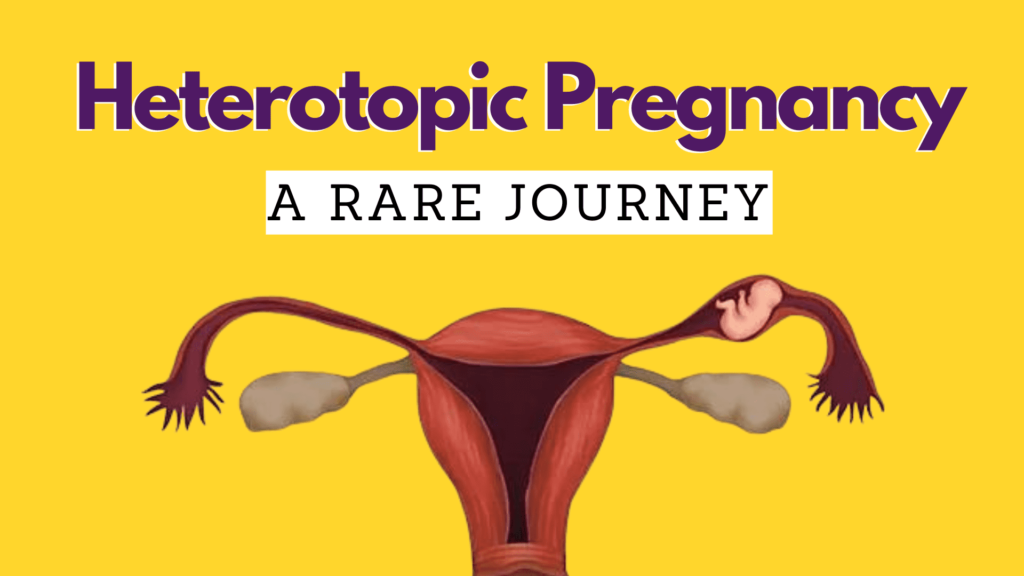Heterotopic pregnancy is the existence of two simultaneous pregnancies with separate implantation sites, one of which is a viable intrauterine pregnancy (occurring in the uterus) and the other of which is a non-viable ectopic pregnancy (occurring outside of the uterus, usually in a fallopian tube).A heterotopic pregnancy can be every bit as dangerous as an ectopic pregnancy and is made all the more difficult by the fact that most parents wish to keep the viable pregnancy while having to terminate the other.
Rates of Heterotopic Pregnancy
Like all multiple pregnancies, heterotopic pregnancy is most common in couples who conceive with assisted reproductive procedures like in vitro fertilization (IVF). As many as 1 in 100 assisted pregnancies result in a heterotopic pregnancy. While far less common in women who have a spontaneous (natural) conception, some estimates suggest that the rate of heterotopic pregnancy is still significant, ranging from 1 in 7,000 to 1 in 30,000 pregnancies.
Symptoms
A woman experiencing a heterotopic pregnancy may or may not have symptoms. This is especially concerning since half of these pregnancies are only diagnosed when the fallopian tube ruptures.
If symptoms are present, they may include:
• Abnormal vaginal bleeding
• Bloating
• Dizziness
• Fainting
• Mild-to-severe abdominal pain or cramping
• Nausea
• Pain in the side
• Vomiting
Diagnosis
It is difficult to diagnose heterotopic pregnancy in its early stages. Women may have vaginal bleeding and cramping, but these are symptoms that can occur even in a normal pregnancy.
At the same time, it is easy to miss a heterotopic pregnancy during a routine ultrasound since the technician may only check the developing fetus in the uterus and not think to look beyond that. If there is a suspicion of a heterotopic pregnancy, it usually is only by week four or five that it can be confirmed or ruled out by ultrasound.
Until then, the pregnant person would need to be monitored closely with blood tests until a definitive diagnosis can be made. The same should apply to people who have undergone an assisted reproductive procedure if experiencing any of the above-listed symptoms.
Treatment
Any fetus located outside the uterus cannot survive, and its presence could cause potentially life-threatening bleeding in the mother if a tissue spontaneously ruptures. As a result, these pregnancies must be terminated.
The good news is that it is often possible to do so without terminating the healthy intrauterine pregnancy. This process typically involves surgery, which may or may not require the removal of the affected fallopian tube.
While heterotopic pregnancies carry an increased risk of miscarriage





